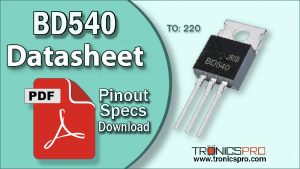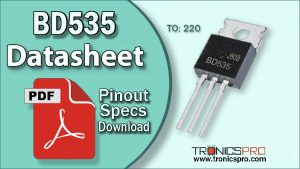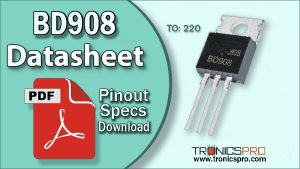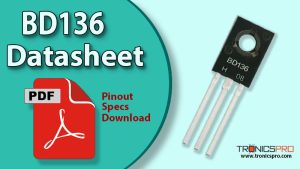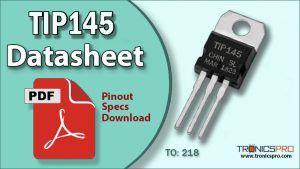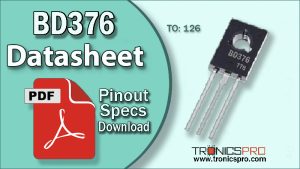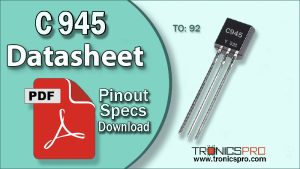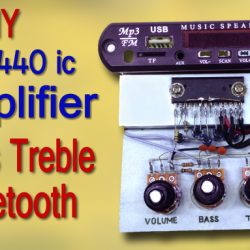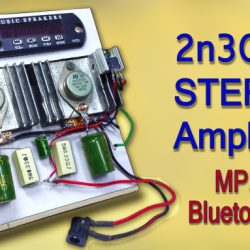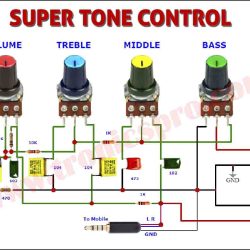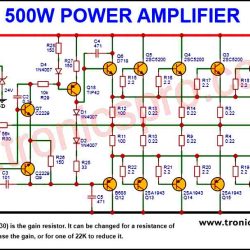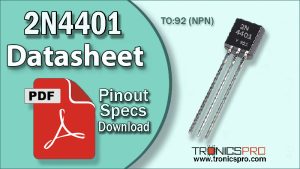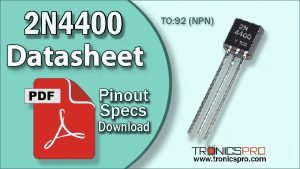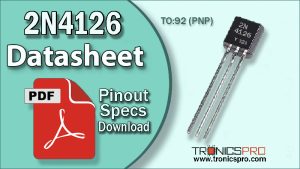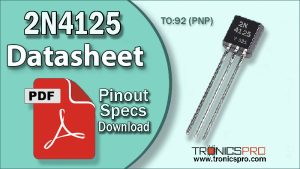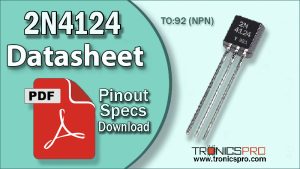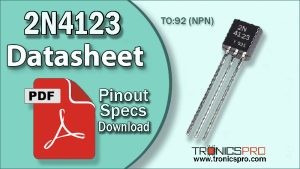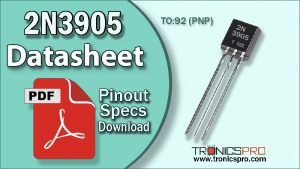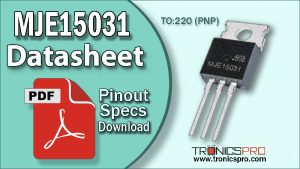The 2N3903 pinout defines the Emitter–Base–Collector (E–B–C) sequence of this NPN silicon transistor, widely used in signal amplification, switching, and low-power general-purpose circuits. Known for its fast switching speed, low noise, and reliable gain performance, the 2N3903 transistor is one of the most trusted components for small-signal and analog electronic projects.
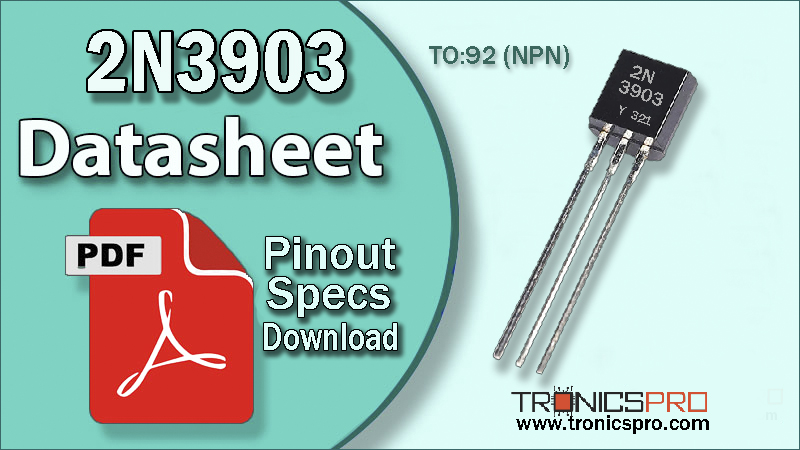
Introduction to 2N3903 NPN Transistor
The 2N3903 is a low-power NPN bipolar junction transistor (BJT) designed for general-purpose switching and amplifier applications. It operates efficiently at low current and voltage levels, making it suitable for audio frequency amplifiers, oscillators, and driver stages.
With a collector-emitter voltage (Vce) of 40V, a collector-base voltage (Vcb) of 60V, and a maximum collector current (Ic) of 200mA, the 2N3903 offers an ideal balance between performance and reliability. It comes in a TO-92 plastic package, which provides compactness and cost-effectiveness for circuit integration.
Datasheet Download Button is provided end of this article.
2N3903 NPN Transistor
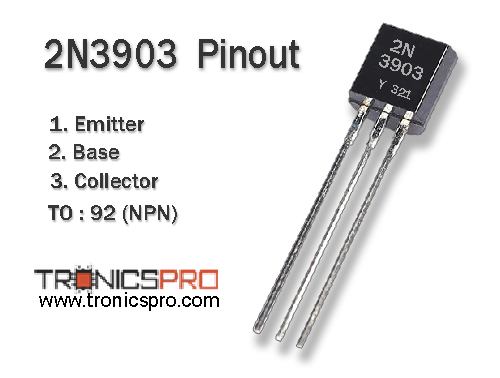
Pinout of 2N3903
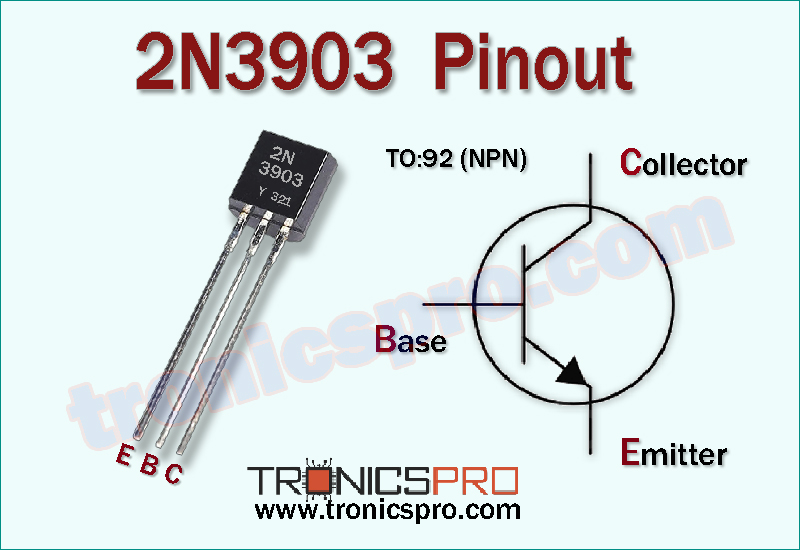
Understanding the 2N3903 Pinout Configuration
The 2N3903 pinout follows the Emitter–Base–Collector (E–B–C) order when the flat side of the transistor is facing toward you and the leads are pointing downward. This pin configuration ensures compatibility with standard low-power circuit layouts and prototyping boards.
Pin Configuration of 2N3903 Pinout
| Pin# | Pin Name |
|---|---|
| 1 | Emitter |
| 2 | Base |
| 3 | Collector |
Key Features of 2N3903 Transistor
- Designed for low-power signal switching and amplification
- Fast switching speed with low saturation voltage
- Excellent frequency response for small-signal amplification
- Low noise characteristics suitable for audio and RF circuits
- Stable DC gain and thermal performance
- Compact TO-92 package ideal for general-purpose circuits
2N3903 Transistor Datasheet and Specifications
- Collector–Emitter Voltage (Vce): 40V
- Collector–Base Voltage (Vcb): 60V
- Emitter–Base Voltage (Veb): 6V
- Collector Current (Ic): 200mA
- Total Power Dissipation (Pc): 625mW
- DC Current Gain (hFE): 70 to 300
- Transition Frequency (fT): 250 MHz (typical)
- Package Type: TO-92
- Polarity Type: NPN
- Pin Configuration: Emitter–Base–Collector (E–B–C)
Working Principle of 2N3903 NPN Transistor
The 2N3903 transistor works by controlling the flow of current between its collector and emitter terminals using a small current applied to its base. Being an NPN transistor, it conducts when a positive voltage is applied to the base relative to the emitter.
In amplifier mode, a small input signal at the base results in a larger amplified signal at the collector. In switching mode, it can act as an ON/OFF control element, efficiently managing digital logic signals or small loads such as LEDs, buzzers, or low-current relays.
More Circuit Layouts
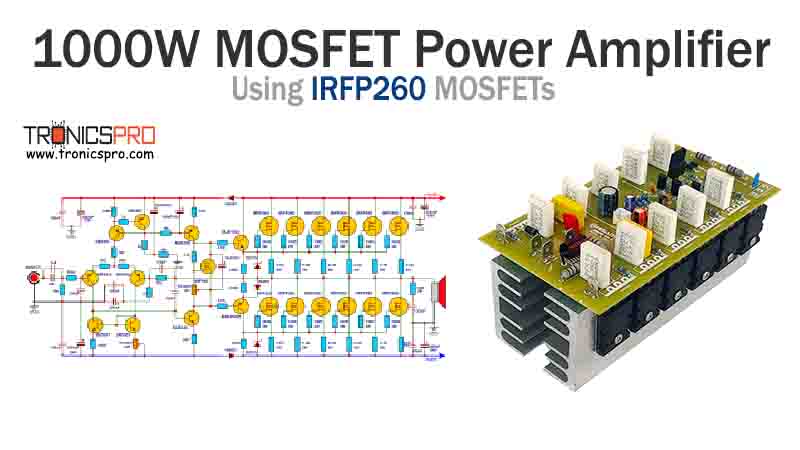
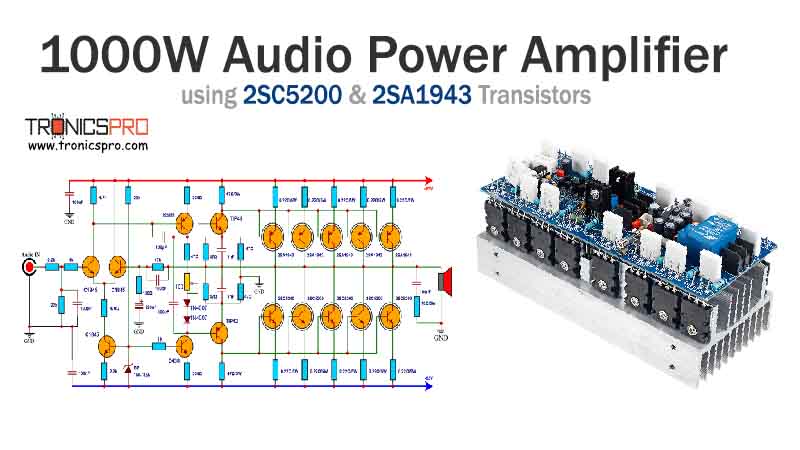
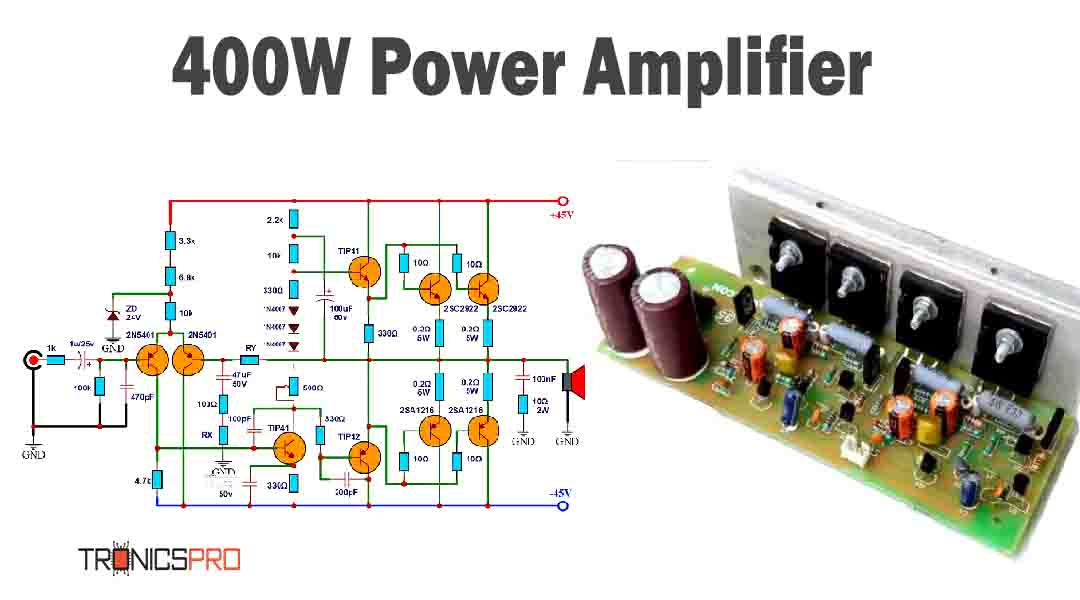
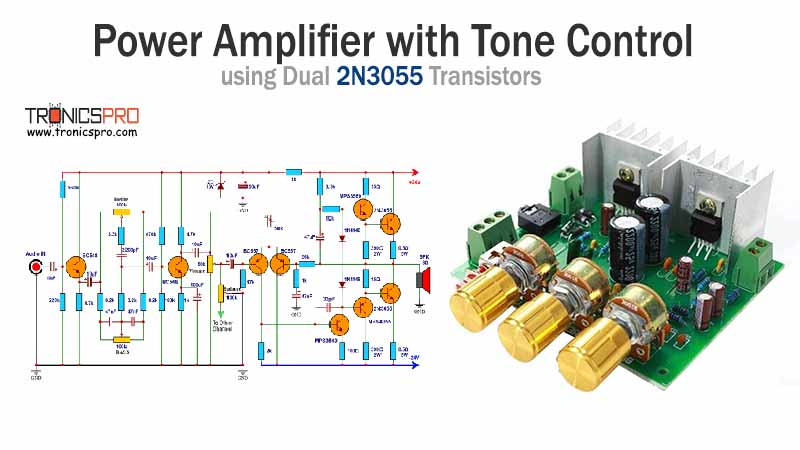
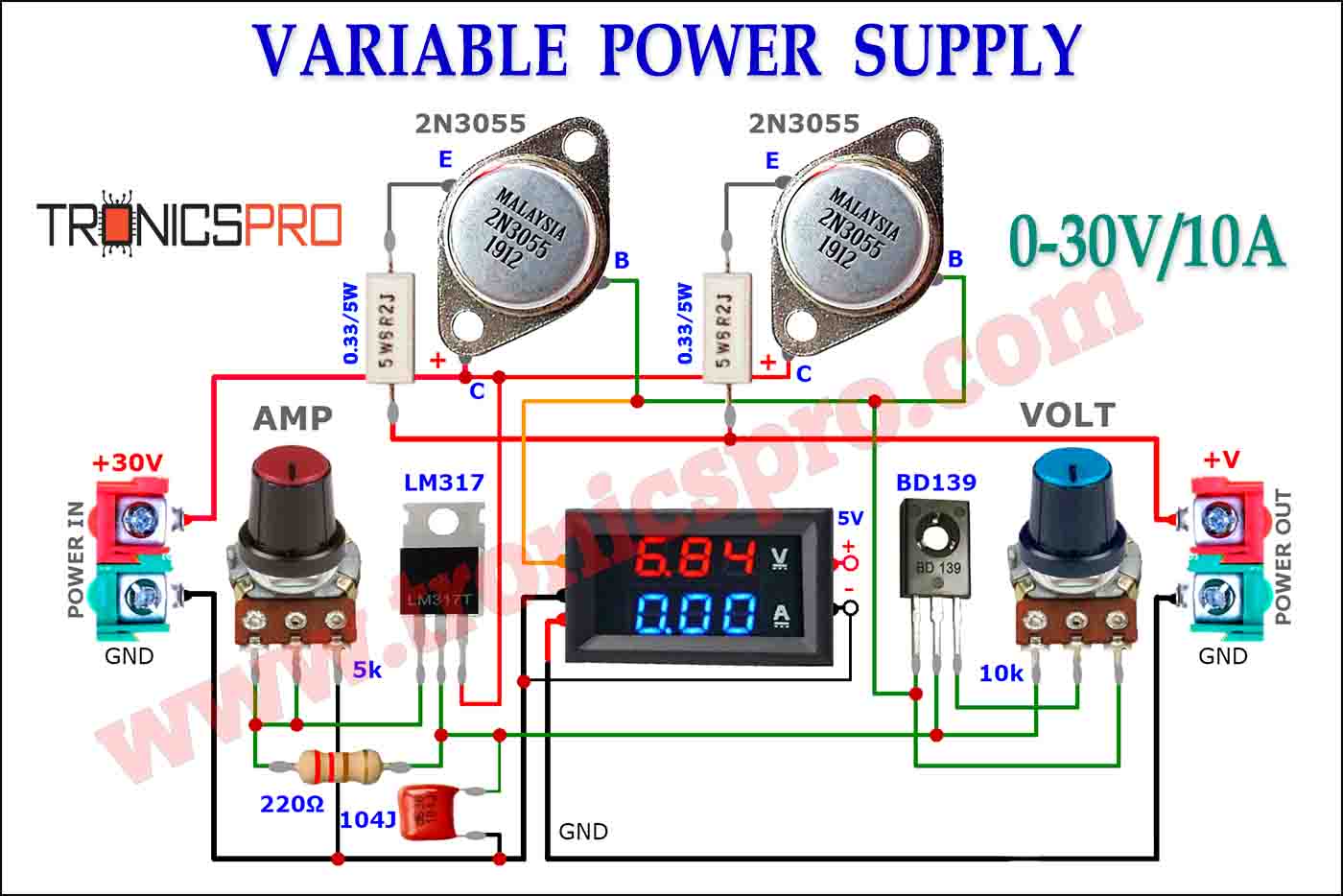
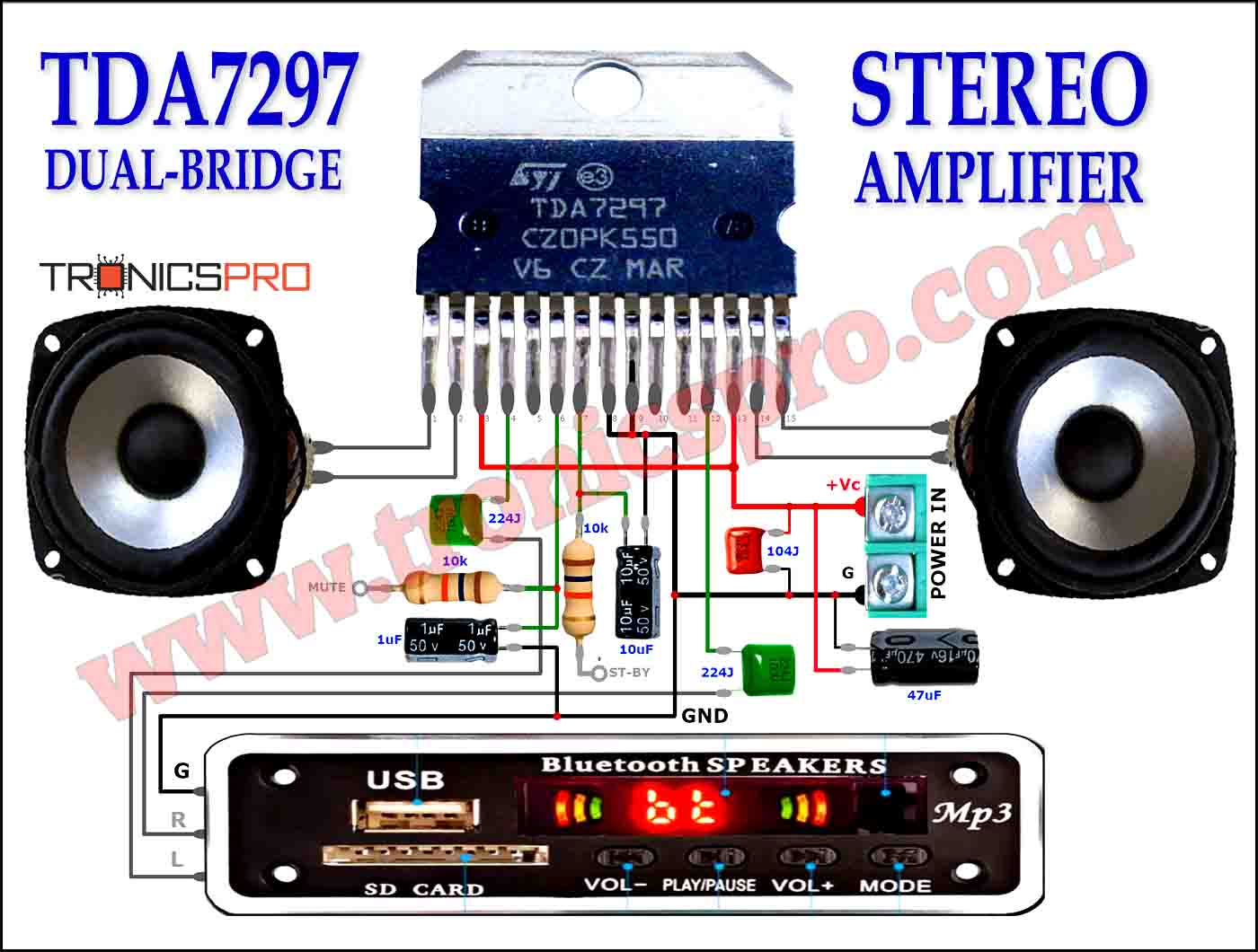
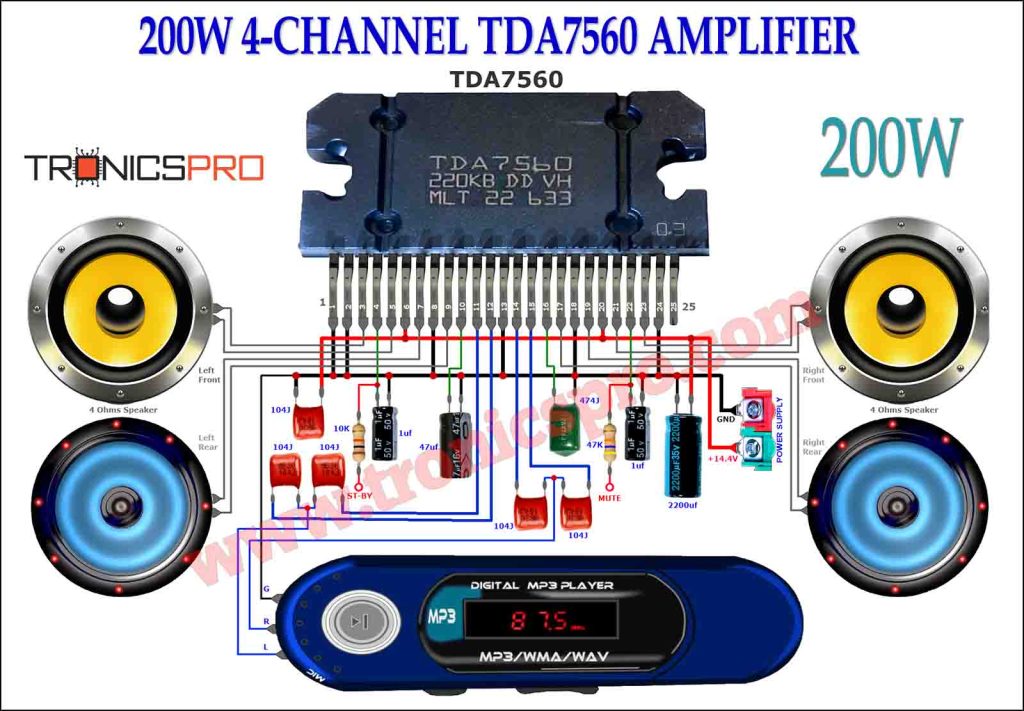
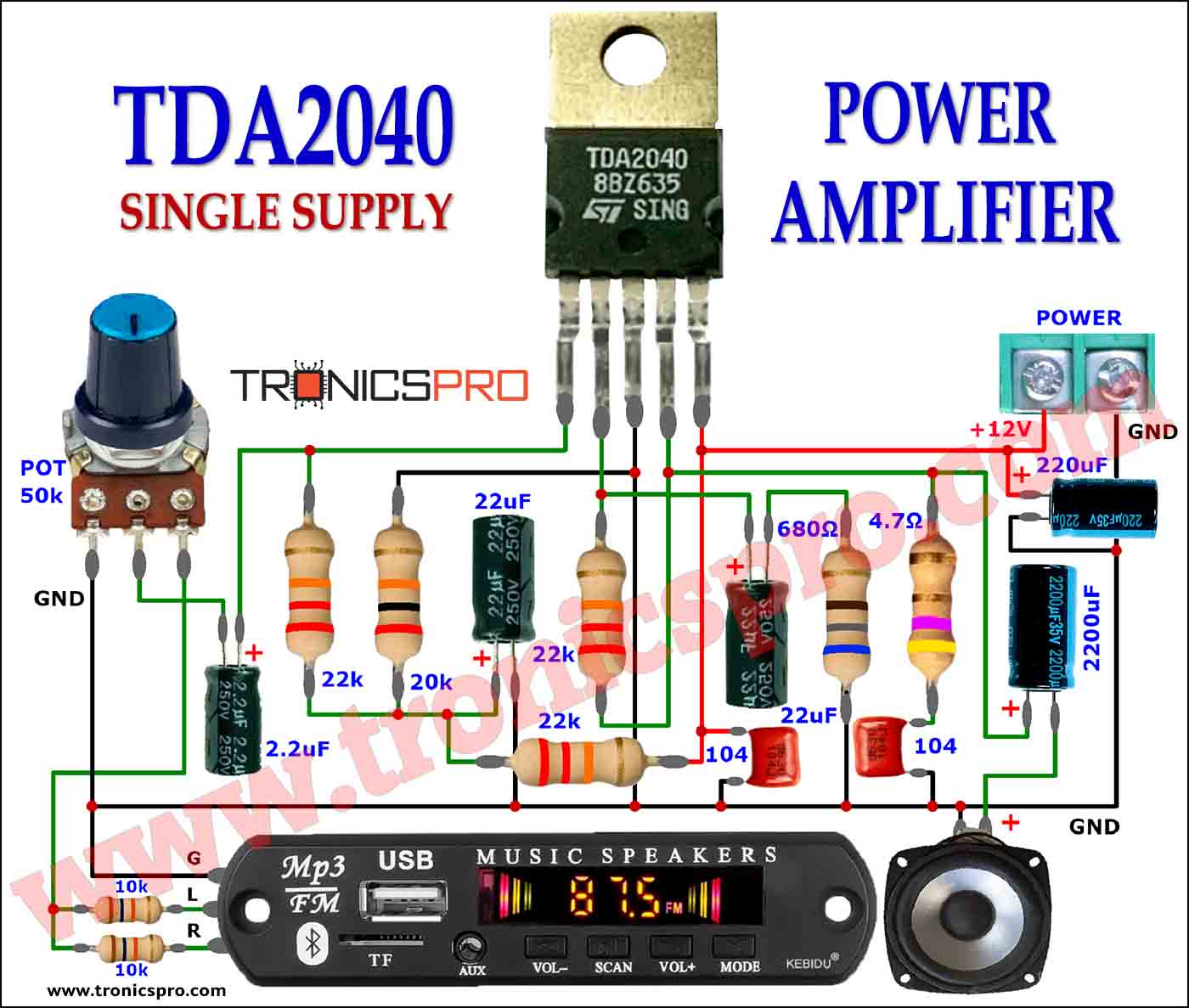
Typical Applications of 2N3903
- Audio frequency amplifiers
- Signal switching and driver circuits
- Digital logic circuits
- Oscillator and waveform generator stages
- Sensor signal processing
- LED indicator and low-current load control
- Educational and experimental electronics
PNP Complementary Transistor
The complementary PNP transistor for the 2N3903 is the 2N3906. This complementary pair is commonly used in push-pull amplifier or phase-splitter circuits, where the 2N3903 manages the positive signal half and the 2N3906 handles the negative signal half, ensuring balanced and distortion-free output.
Equivalent Transistors and Alternatives
- 2N2222 (higher current capacity)
- BC547 (similar voltage range)
- 2N4401 (better gain stability)
- S8050 (Asian equivalent for low-voltage switching)
- PN2222A (common replacement for general-purpose use)
Comparison Summary: 2N3903 vs 2N3905
The 2N3903 (NPN) and 2N3906 (PNP) are complementary transistors designed for low-current, low-power applications. Both share similar voltage and current ratings but differ in polarity.
The 2N3903 conducts when the base is positive relative to the emitter, whereas the 2N3906 conducts when the base is negative. This complementary relationship makes them ideal for Class B amplifier pairs, inverters, and switching circuits that require both polarities to manage alternating current or push-pull signal control.
Frequently Asked Questions (FAQ)
What is the maximum voltage of the 2N3903 transistor?
It supports 40V collector-emitter and 60V collector-base voltage ratings.
What type of transistor is 2N3903?
The 2N3903 is a low-power NPN bipolar junction transistor (BJT).
What is the 2N3903 pinout configuration?
The 2N3903 pinout is Emitter–Base–Collector (E–B–C) when viewed from the flat side.
What is the complementary transistor for 2N3903?
The 2N3906 is the PNP complementary pair for the 2N3903.
Can I use 2N2222 instead of 2N3903?
Yes, the 2N2222 can be used as a substitute in most low-voltage applications where slightly higher current handling is required.
Conclusion
The 2N3903 NPN transistor is a versatile, low-power component ideal for signal amplification, switching, and general-purpose electronic designs. Its compact TO-92 package, fast response, and stable gain make it a reliable choice for hobbyists, engineers, and educators alike.
Paired with its PNP complement 2N3906, it delivers balanced push-pull operation in amplifier stages and switching networks, ensuring efficiency, low noise, and long-term circuit stability.
Datasheet of 2N3903 NPN Transistor
Click the following Button to download the datasheet of 2N3903 Transistor :
More projects, You may like:
- Video Transmitter DIY Homemade FM Radio Transmitter
- Adjustable Power Supply DIY Battery Charger
- 12V-220V 500 Watt inverter DIY Homemade
- MPPT Solar Charge Controller DIY Homemade
- DIY LA4440 bass amplifier homemade
For more project and circuit diagrams, you can go through the Schematics in the main menu where you can find many interesting projects and circuit diagrams like audio amplifier circuits, voltage booster circuit, battery charger circuit and timer circuits etc., which are all beginner circuit projects. Feel free to check them out!

Thank you for visiting the article.


